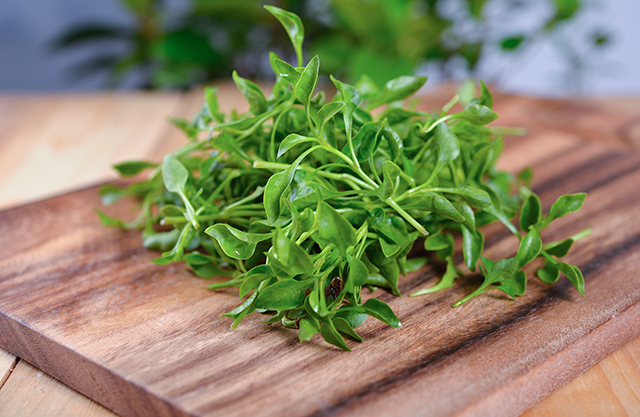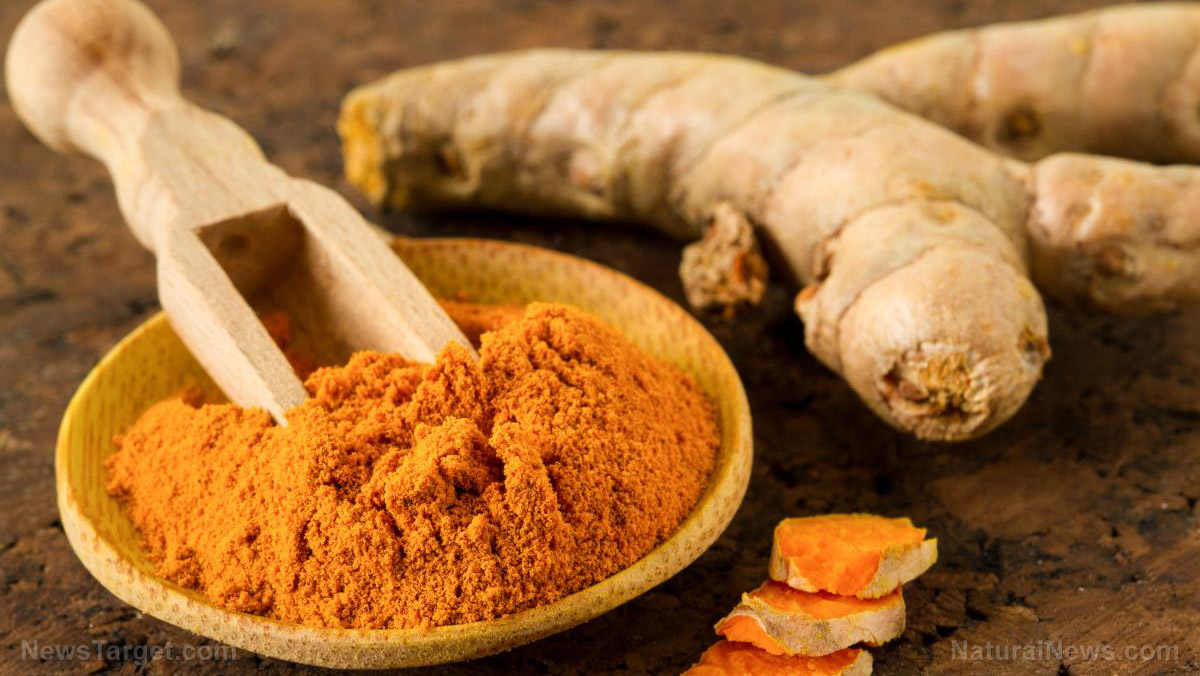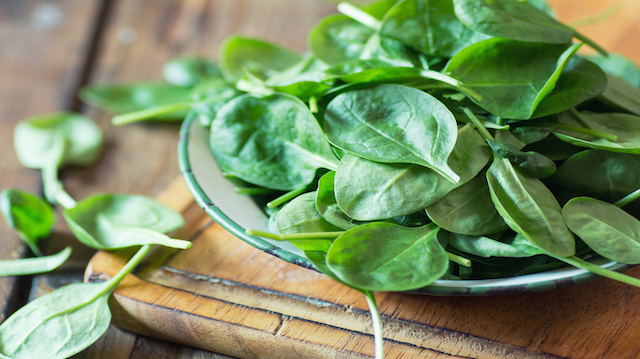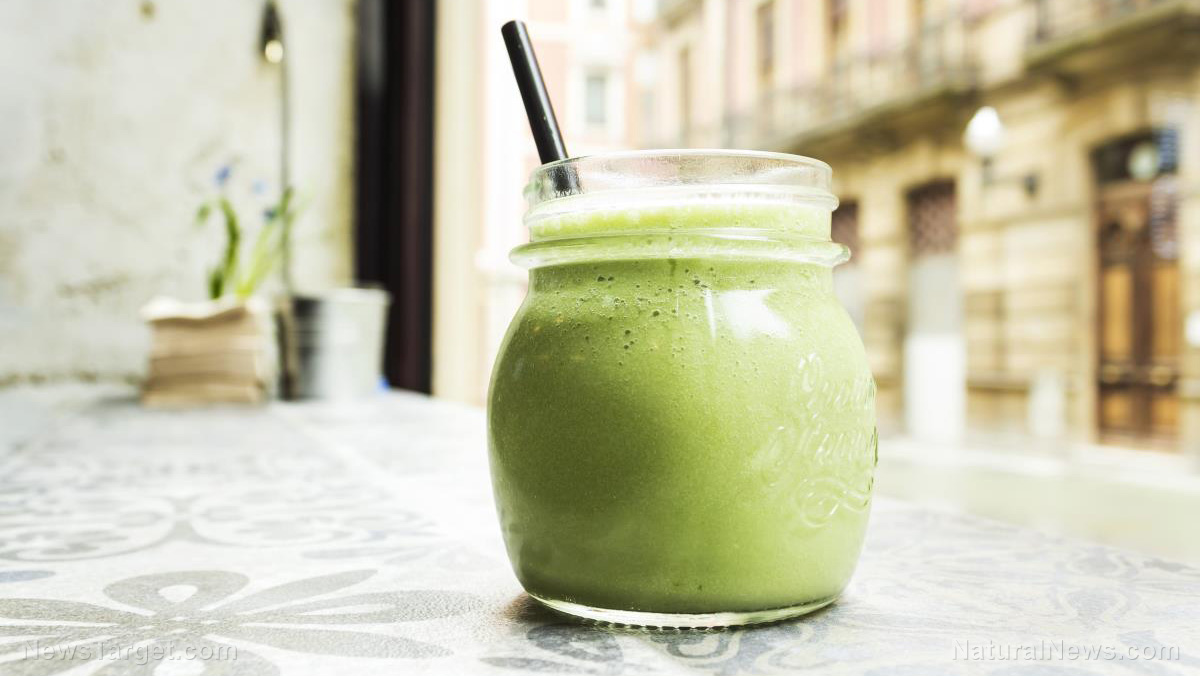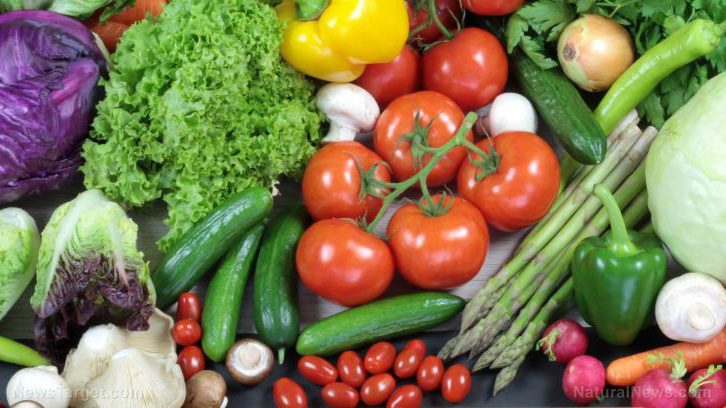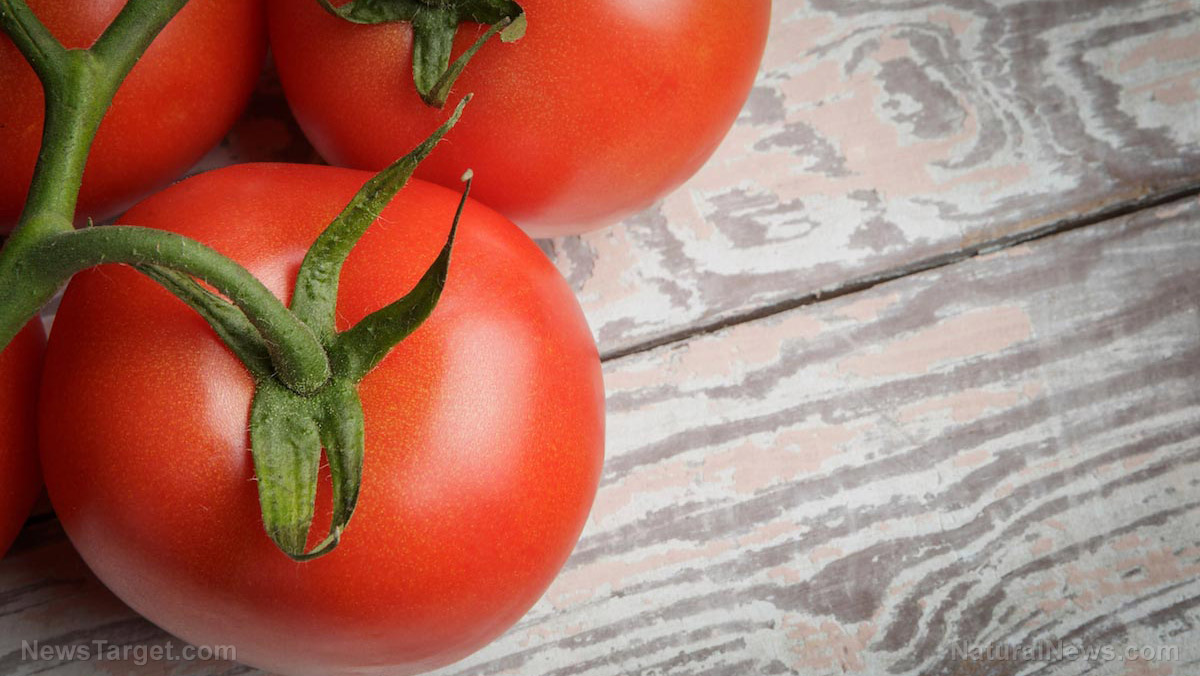Top 10 foods that naturally boost your immune system
10/19/2015 / By Carol Young
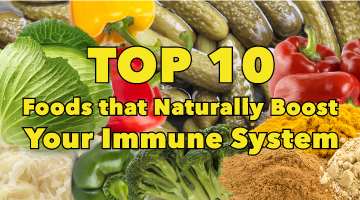
There are many important lifestyle changes that you can make to improve your immune system’s ability to fight viruses and infectious diseases like measles. You have probably heard most of this advice many times over: Don’t smoke, exercise regularly, only drink alcohol in moderation, get plenty of sleep, maintain a healthy weight and eat a variety of nutritious fruits and vegetables.
This last bit of advice is especially important. The nutrients in food not only help fight off bacteria and viruses when you are ill but can also boost your immune system, which can prevent you from getting sick in the first place. Food can naturally boost your immunity and fight off infections.
Fermented foods
Fermented foods such as sauerkraut, pickled cucumbers, pickled beets, Korean kimchi, nattō, fermented tofu and even miso are all fermented foods that are great for digestion and also boost your immunity. According to VegKitchen, unprocessed fermented foods boost the immune system by increasing antibodies in your body that help fight infectious disease. Some fermented foods provide antioxidants that scavenge free radicals. The list of the great health benefits from fermented foods is extensive, and you can read all the great ways that fermented foods boost the immune system naturally at VegKitchen.com.
Whole foods
Sugar from fruit juices can cause yeast overgrowth. This can hinder immune function. Too much sugar can also inhibit phagocytosis – white blood cells engulfing viruses and bacteria. Junk food is loaded with hidden sugars and may also lead to malnutrition. Malnourishment suppresses the immune system and makes you more susceptible to illness. Processed foods are full of sugar – stick to whole foods, which are more nutritious and help build up your immunity. Check labeling on packages to see how much added sugar a product has. In many cases, you may be surprised to find how much sugar you are inadvertently consuming every day!
Avocado
Avocado is a great food for reducing stress. Many studies focus on stress and how it affects the body. We know that stress can lower immunity and which can make you more susceptible to infectious disease. In 1998, M.R. Sapolsky wrote a book called Why Zebras Don’t Get Ulcers: An Updated Guide to Stress-Related Disease, and Coping. In it, he sums up a major issue with the stresses that modern people face: “[S]tress-related disease emerges, predominantly, out of the fact that we so often activate a physiological system that has evolved for responding to acute physical emergencies, but we turn it on for months on end, worrying about mortgages, relationships, and promotions.” Additionally, a 1991 study called “Stress and Infectious Disease in Humans” points out that “stress is associated with… increased onset and reactivation of verified infectious disease.”
Red bell peppers
These peppers are loaded with vitamin C. Ounce by ounce, red bell peppers have more vitamin C than most citrus fruits! Vitamin C is essential for maintaining a healthy immune system.
A 2009 study in the German journal Medizinischen Monatsschrift für Pharmazeuten (Medical Monthly Journal for Pharmacists) found that vitamin C intake can reduce the duration of the cold in healthy persons. The study noted that supplementation of vitamin C is also effective in cases of physical strain.
Broccoli
Broccoli’s many vitamins include vitamins C, A and E. This cruciferous vegetable provides many antioxidants which can be absorbed when eaten both raw and cooked. One study conducted by UCLA found that cruciferous vegetables like broccoli can restore the body’s immunity, which is particularly important as we age. Dr. Andre Nel, one of the main writers of the study, said, “Dietary antioxidants have been shown to have important effects on immune function, and with further study, we may be adding broccoli and other cruciferous vegetables to that list.”
Garlic
Garlic has been used for centuries to improve the immune system. It is known to reduce cholesterol and prevent the hardening of arteries. The immune-boosting properties of garlic derives from one of its sulfur-containing compounds called allicin.
Garlic was crushed into wine as (attempted) protection against the plague by gravediggers in 18th century France, and in World War I and World War II soldiers were given garlic to protect against gangrene. Garlic is known to fight off free radicals and it is believed that eating garlic regularly can protect against the development of cancer.
Ginger
Ginger contains gingerol, which is closely related to capsaicin. Ginger boosts the immune system because it contains strong antioxidants, inhibiting inflammation and helping to assimilate calcium.
In Ayurveda medicine, it is believed that ginger warms the body and this helps the body break down toxins in the organs. Ginger may also cleanse the lymphatic system and this can stop the accumulation of toxins. Build-up of toxins can lead to a lower immune system and this can make you more likely to succumb to infections.
Spinach
Spinach is full of vitamin C and is also rich in antioxidants and beta-carotene, which help fight infections in the immune system. Cook spinach as little as possible in order to help it retain its nutrients.
One mineral that can support immune function in zinc. According to WHFoods.com, zinc is “a potent immunostimulant, and its deficiency can result in profound suppression of T-cell function.” Eating zinc in whole foods like spinach is an excellent way to support your immune system.
Yogurt
Yogurt’s live and active cultures can boost your immune system to help it fight diseases. Yogurt is also full of vitamin D. The immune system needs nutritional help, particularly in aging populations. Older people often have weakened immune systems, and using a nutritious diet to boost the immune system can help vulnerable populations fight off even common infections like the cold.
Turmeric
Turmeric is an anti-inflammatory root that can help boost immunity by fighting inflammation. The active ingredient in turmeric is called curcumin, and curcumin is an antiviral and antifungal compound that also acts as an antioxidant. If cooking with turmeric, couple it with black pepper to increase the absorption of good nutrients in the body.
Bonus immune-boosting food:
Cabbage
Cabbage is a wonderful source of glutamine, which is an immune-strengthening compound. Cabbage of any variety – white, red, Chinese – is an efficient and cheap way to improve your immunity. Toss cabbage in soups to easily get your boost of glutamine!
Cabbage is one of those foods which retains more nutrients the less you cook it. When adding cabbage to your cooking, try putting this vegetable in at the very end to prevent overcooking it and reducing its nutritional value.
Sources
Boost-Immune-System-Naturally.com
Sapolsky, R. M. (1998). Why Zebras Don’t Get Ulcers: An Updated Guide to Stress, Stress-Related Diseases, and Coping. New York: Freeman.
Tagged Under: antioxidants, common cold, disease, functional foods, immune system, infection, natural therapy, nutrition








